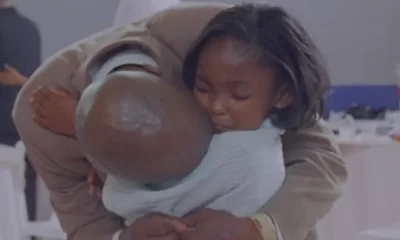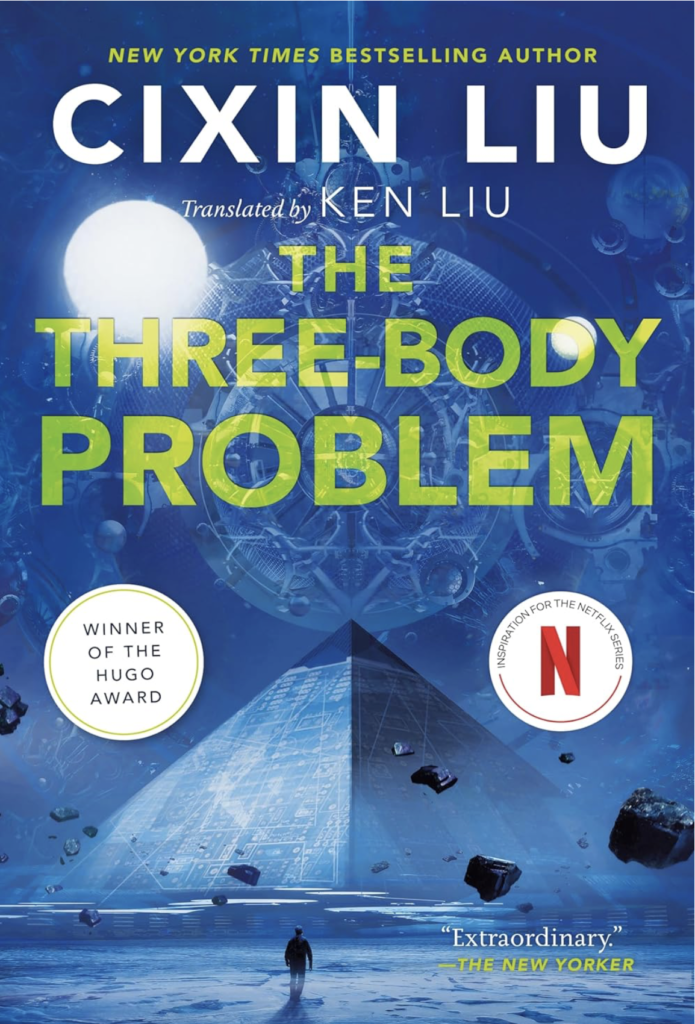DOCUMENTARIES
HOT DOCS 2018: Examine the Evolution of Barbie in TINY SHOULDERS: RETHINKING BARBIE


The final documentary I watched at Hot Docs this year was the one where my expectations matched up the least with the film I ended up seeing. The film I expected to see while watching Andrea Nevins’s Tiny Shoulders: Rethinking Barbie was one that purely examined the history and cultural conversations surrounding one of the most famous American figures: the Barbie doll. I assumed the documentary would focus on the harmful effects that Barbie has had on the young girls who, by growing up with an idolization of the doll, are conditioned to believe that she is the definition of beauty. The film I ended up watching was much more complex.
The documentary does begin with Barbie’s controversial history and her effects on young women throughout the years. It traces the doll’s rise in popularity, its effect on our culture, and the subsequent fluctuations in popularity over the decades based on the socio-political atmosphere of the times. Interviews with notable feminist icons like Gloria Steinem and Roxane Gay address the notion of Barbie as a damaging addition to the imagination of young girls, especially the way the doll reinforces harmful body-image ideals for anyone that is not the blonde-haired, impossibly skinny figure she represents.
Rather than end the film with the simple conclusion that Barbie is harmful and thus needs to put to rest, we are thrown for a loop when Nevins takes us inside the Barbie offices at Mattel, giving us an unprecedented look at the inner workings behind one of the most famous toys in the world. Much of the film’s drama comes from following the team’s mission to drastically alter Barbie’s appearance as a last-ditch attempt to make her relevant her for our times. Though the film tends to tout this as a progressive decision for the sake of bettering the world — which it does seem to be in many ways, based on some of the interviews with those who produce the doll — it does not shy away from the fact that first and foremost, this is a business decision. Barbie sales have been dropping steadily for years, seemingly because women don’t want to expose their children to the controversial doll. By adding new body-shapes, heights, hair colours, and ethnicities, the Barbie team hopes that their doll will become culturally relevant, and start raking in the big bucks once again.
Whether or not you personally owned Barbies as a child, it’s hard to argue against the impact the doll has had on our culture. There are many valuable arguments to be heard with regards to the place of Barbie from our culture. At the same time, while I wouldn’t ordinarily advocated for a level of empathy for a Fortune 500 company, Nevins causes us to question these assumptions, and give the people behind the scenes the benefit of the doubt. Tiny Shoulders indicates the possibility that behind many corporations, there may be individuals who want to change the system, but feel powerless to act. Hopefully this film shows them that it is worth taking risks, especially when it may result in a more inclusive world.
-



 BIPOC4 months ago
BIPOC4 months agoThe Boy and the Heron @TIFF 2023
-



 TIFF 20239 months ago
TIFF 20239 months agoViggo Mortensen in The Dead Don’t Hurt @TIFF2023
-



 ACTORS/ACTRESSES3 months ago
ACTORS/ACTRESSES3 months agoAn Exciting Conversation with Sydney Sweeney @SXSW 2024
-





 SXSW 20243 months ago
SXSW 20243 months agoStormy Ripping Through @SXSW2024
-



 ACTORS/ACTRESSES4 months ago
ACTORS/ACTRESSES4 months agoThe Exciting 96th Oscar Nominations Announced
-



 Uncategorized9 months ago
Uncategorized9 months agoWillem Dafoe in Gonzo Girl @TIFF 2023
-



 TIFF 20239 months ago
TIFF 20239 months agoNicolas Cage in Dream Scenario @TIFF 2023
-



 ACTORS/ACTRESSES2 months ago
ACTORS/ACTRESSES2 months agoCelebrities @ Cinema Centre’s Premiere Party @SXSW 2024
















